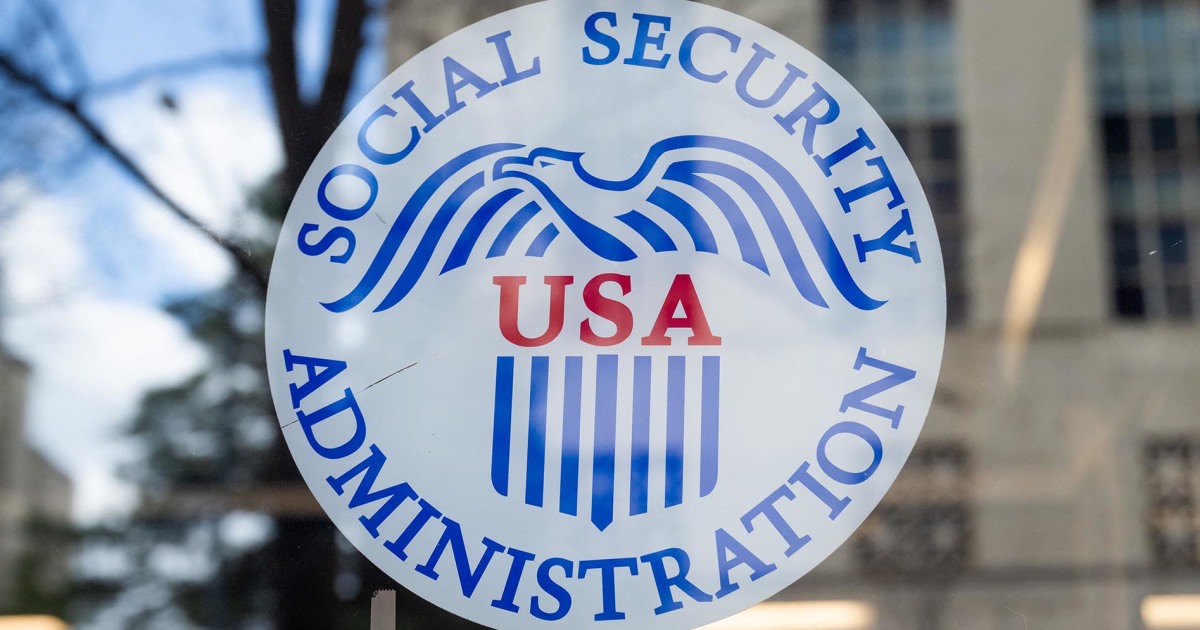The most common chronic health conditions
While the prevalence of chronic conditions can vary with age, many of the same health issues commonly affect adults over 50.
For example, the Preventing Chronic Disease report found that the most frequently reported conditions for adults in midlife (ages 35 to 64) were obesity (37 percent), high cholesterol (37 percent), and high blood pressure (35 percent). And for adults 65 and older, the top three were blood pressure (61 percent), high cholesterol (55 percent) and arthritis (51 percent).
Meanwhile, a different CDC report, published in June, found that adults 85 and older most commonly experienced high blood pressure (67 percent), arthritis (56 percent) and high cholesterol (46 percent).
Ardeshir Hashmi, M.D., endowed chair of geriatric innovation and section chief at the Center for Geriatric Medicine at the Cleveland Clinic, says hearing loss is another common condition he sees among older individuals; according to the National Institute on Aging, it affects about one-third of older adults. But despite its prevalence, patients are often reluctant to discuss hearing troubles with their doctor, he says, because “folks feel like nothing much can be done about it,” adding that “a little bit of it is a stigma that is also associated with it.”
Allowing hearing loss to go untreated, however, can lead to other health issues: It increases the risk for depression, dementia, social isolation and falls. Hearing aids, medication and surgery are some treatments that can help with hearing loss.
Another condition not to be overlooked among older adults is depression, which affects nearly 20 percent of adults ages 35 to 64 and nearly 15 percent of people 65-plus, according to the Preventing Chronic Disease report. Hashmi says depression can be overlooked in older patients because it doesn’t always present the same way as it does in young adults.
For example, instead of losing sleep, older adults with depression might sleep too much. Hashmi says another sign of depression in an older person could be a lack of pleasure in everyday things they previously looked forward to.
And while dementia is rare in patients ages 50 to 64, Thomas Gill, M.D., professor of medicine and epidemiology at the Yale School of Medicine, notes that it’s not unlikely to see it in older patients, notably those 85 and older. “We’re more effective in managing conditions like heart disease, and so people are living into older ages,” when dementia is more likely to occur, he says. The CDC report states that an estimated 12 percent of adults 85 and older had dementia in 2022-23.
Source link


